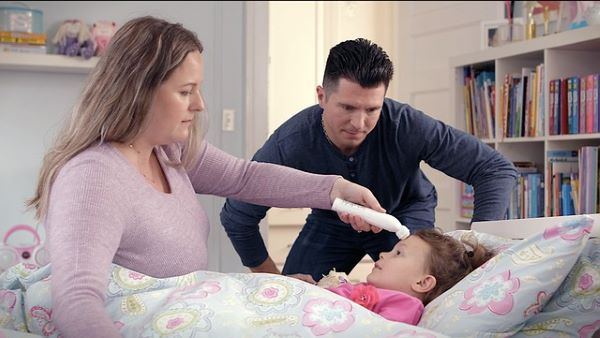Escherichia coli (E.coli) is a type of bacteria commonly found in the intestines of humans and animals. While most strains are harmless and play a vital role in maintaining gut health, certain strains can cause severe food-borne illness. These pathogenic strains are often associated with food contamination and can lead to serious health issues.
What are the Spread and Transmission of Escherichia coli (E.coli)?
E. coli infections are typically spread through:
- Contaminated Food and Water: Consuming undercooked meat (especially ground beef), raw milk, and contaminated vegetables or fruits can transmit E.coli. (Source)
- Person-to-Person Contact: Poor hygiene, such as inadequate handwashing after using the bathroom, can facilitate the spread of E. coli.
- Animal Contact: Direct contact with animals or their environments (petting zoos, farms) can also lead to transmission.
What are the Symptoms of E.coli Infection:
Symptoms usually appear 3-4 days after exposure and can include:
- Diarrhea (often bloody)
- Abdominal Cramps
- Nausea and Vomiting
- Fever (less common) Most people recover within a week, but some infections can lead to severe, life-threatening complications.
What are the Causes of E.coli Infection?
Pathogenic E. coli strains cause illness through the production of toxins, such as Shiga toxin, which can damage the lining of the intestines. The primary cause is ingestion of contaminated food or water, often due to improper food handling or hygiene practices. (Source)
List of Vulnerable Populations
Certain groups are more susceptible to severe E. coli infections, including:
- Young Children
- Elderly Individuals
- People with Weakened Immune Systems
- Pregnant Women
List of Potential Health Problems Associated with a Food Borne Infection- Escherichia coli (E. coli)?
Severe E. coli infections can lead to:
- Hemolytic Uremic Syndrome (HUS): A condition characterized by the destruction of red blood cells, leading to kidney failure. (Source)
- Thrombotic Thrombocytopenic Purpura (TTP): A rare blood disorder.
- Kidney Damage: Long-term complications can include hypertension and chronic kidney disease. (Source)
What Treatment should be taken to cure Escherichia coli (E.coli)?
Treatment focuses on managing symptoms and may include:
- Hydration: Oral rehydration solutions or intravenous fluids to prevent dehydration.
- Avoiding Antibiotics and Antidiarrheal Medications: These can increase the risk of complications like HUS in some cases. Severe cases, particularly those involving HUS, may require hospitalization and specialized care.
How to Minimize the Exposure to a Food-Borne Infection- Escherichia coli (E. coli)?
Preventing E. coli infections involves:
- Proper Food Handling: Cooking meat to safe temperatures, washing fruits and vegetables thoroughly, and avoiding raw milk.
- Good Hygiene Practices: Regular handwashing, especially after using the bathroom and before handling food.
- Avoiding Contaminated Water: Drinking treated water and avoiding swallowing water while swimming in lakes, rivers, or pools.

Also, read: Know about Autism: Complete Guide to Autism Care and Treatment
Sources and References
- Centers for Disease Control and Prevention (CDC):
- Mayo Clinic:
- World Health Organization (WHO)
- National Library of Medicine
These resources provide comprehensive information about E. coli infections, their prevention, and treatment.





